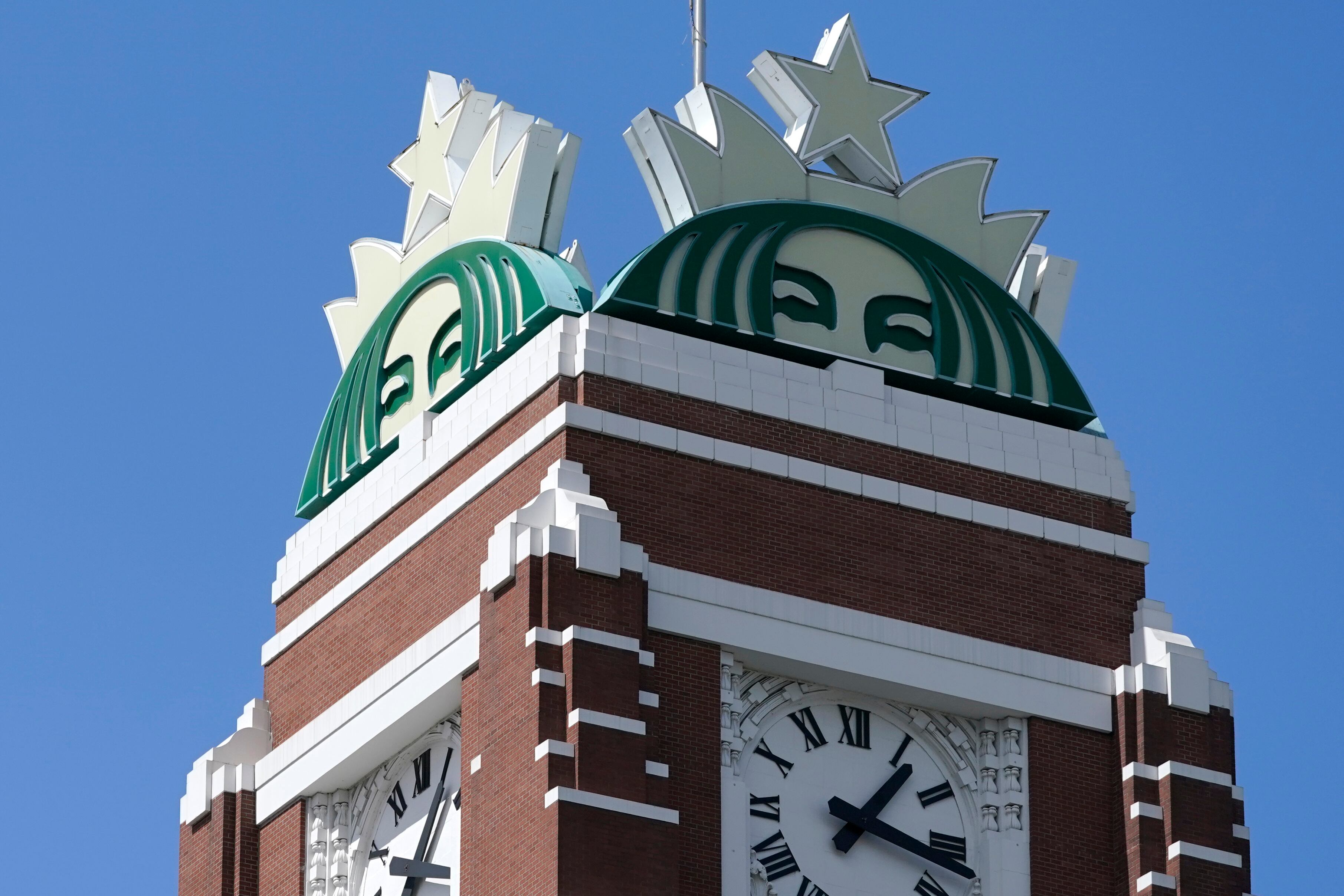UPS this week announced that it plans to buy at least 10,000 battery-powered delivery vans from the electric vehicle startup Arrival – becoming the latest blue-chip corporation to unveil ambitious plans for going electric.
The move by UPS ($UPS) represents a $440 million investment over the next five years, and it is part of the delivery service's minority stake in Arrival, which it purchased at an undisclosed sum.
Coming more than seven years after Tesla began delivering its upscale Model S sedans, the announcement signifies the accelerating expansion of EV production from luxury passenger vehicles and compacts into the commercial sector, which is expected to grow by nearly 5 percent through the next five years.
Amazon last fall announced a mega-order of 100,000 electric delivery vans from the startup Rivian. The beermaker Anheuser-Busch InBev, a month later, heralded its plan to buy 21 fully-electric trucks from the EV bus and truck manufacturer BYD.
The Arrival vans claim a range of 300 miles, with a total cost of ownership roughly half that of internal combustion vehicles. The vehicles are expected to hit the streets in North America and the United Kingdom, where Arrival is based.
The first deliveries will arrive later this year in London and Paris, where UPS since 2018 has been testing several dozen of the toaster-shaped Arrival delivery vans. The majority, though, will ultimately be deployed in North America, a UPS spokesman said.
UPS operates about 100,000 delivery vehicles in the U.S. alone. It has the option to buy another 10,000 trucks by 2023, which would bring the company's total order to $1 billion.
"Electric vehicles form a cornerstone to our sustainable urban delivery strategies," Juan Perez, UPS chief information and engineering officer, said in a statement. "Taking an active investment role in Arrival enables UPS to collaborate on the design and production of the world's most advanced electric delivery vehicles."
The announcement comes roughly two weeks after Hyundai and Kia made public a $110 million investment in Arrival, which bumped the startup's valuation to $3 billion euros ($3.3 billion USD) – transforming it into one of the UK's largest unicorns.
By comparison, Rivian, in addition to its work with Amazon, is building an electric pickup truck in partnership with Ford and was last valued at $5-7 billion. Tesla's value is just shy of $100 billion, more than Ford and GM combined.
Arrival's vehicles are based on what the company calls its "skateboard" platform, a modular design that the company says will allow it to rapidly build a range of vehicles at a lower price. Arrival says it plans to assemble the vans in "micro-factories" using lightweight materials built in-house. The vehicles are also "autonomous ready," according to the company.
"Our investment and partnership with Arrival is directly aligned with UPS's transformation strategy, led by the deployment of cutting-edge technologies," Carlton Rose, president of UPS Global Fleet Maintenance & Engineering, said in a statement. "These vehicles are the world's most advanced package delivery vehicles, redefining industry standards for electric, connected and intelligent vehicle solutions."













